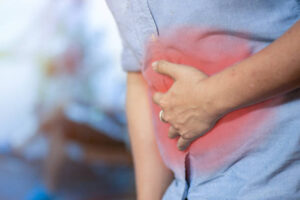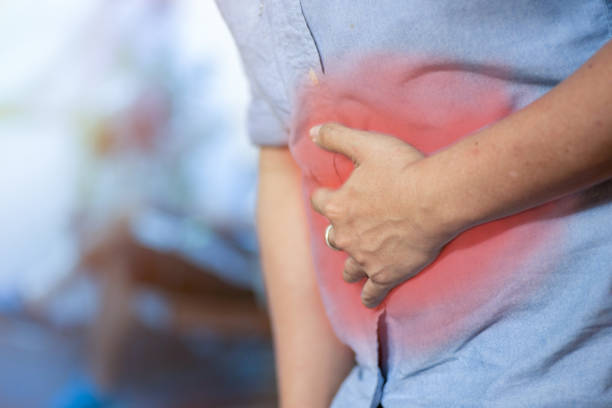- Enoch Oyedibu
- Liver
- 0 Comments
- 908 Views
In fact, survival without a functioning liver is impossible for more than a week.
According to Dr Saleh Alqahtani, who is the director of clinical liver research for Johns Hopkins Medicine, the human liver plays some vital roles in their bodies. Dr Alqahtani says it is the second-largest organ in the body and it has about 500 critical functions. “The liver removes all toxins, clears medication from the body, and metabolizes all food,” says Dr. Alqahtani. The liver also adjusts cholesterol levels, builds proteins, produces bile to help absorb fats, stores sugar for emergencies, and regulates hormone levels. For the liver, this is all in a day’s work.
But overtime, research has shown that not many people in the world know how to care for their livers. As such, when there’s liver failure, comes indigestion, increase in cholesterol and other health issues that can threaten existence. So what could possibly go wrong?
Liver health might not always be a priority, but once it malfunctions, it becomes a major concern. Cirrhosis, where liver cells are replaced with scar tissue, can prevent the liver from performing its essential tasks. Nonalcoholic fatty liver disease, a growing epidemic among the obese, can also lead to cirrhosis. “If the liver stopped working,” says Dr. Alqahtani, “toxins would accumulate, food digestion would be impaired, and medications would remain in the body.”
In fact, survival without a functioning liver is impossible for more than a week.

Tips for Maintaining Liver Health
Taking care of the liver is essential for overall health and well-being. Here are some simple and practical tips to maintain a healthy liver:
Continue to be active: Engage in regular physical activity. Exercise doesn’t have to be strenuous; activities such as walking, cycling, or dancing can be both enjoyable and beneficial for the liver.
Eat a balanced diet: Consume a well-balanced diet that includes a variety of colorful fruits and vegetables, whole grains, and lean proteins. Choose foods that support liver health, such as garlic, turmeric, green tea, and leafy greens. Reduce the intake of processed foods, sugary snacks, and unhealthy fats.
Hydrate, hydrate, hydrate: Drink plenty of water throughout the day to support optimal liver function and overall health. Aim for at least eight glasses of water daily.
Limit alcohol intake: Alcohol can be harsh on the liver, so it’s important to drink in moderation. Responsible drinking and adhering to recommended limits are essential.
Be cautious with medications: Follow healthcare provider instructions when taking prescription or over-the-counter medications. Avoid self-medication and consult a professional if there are concerns about potential liver-related side effects.
Maintain a healthy weight: Achieve and maintain a healthy weight through a combination of regular activity and a well-balanced diet. Obesity can contribute to fatty liver disease, so practice portion control and mindful eating.
Protect against hepatitis: Use safe sex practices, avoid sharing needles, and get the appropriate hepatitis A and B vaccinations. These precautions can help prevent hepatitis infections, which can cause liver damage.
Reduce exposure to toxins: Avoid contact with chemicals, pollutants, and other toxins that can harm the liver. Take precautions when working with chemicals and ensure living and working areas are well-ventilated.
Read Also: How to Naturally Fight Obesity With This Healthy 7-Day Diet Plan











